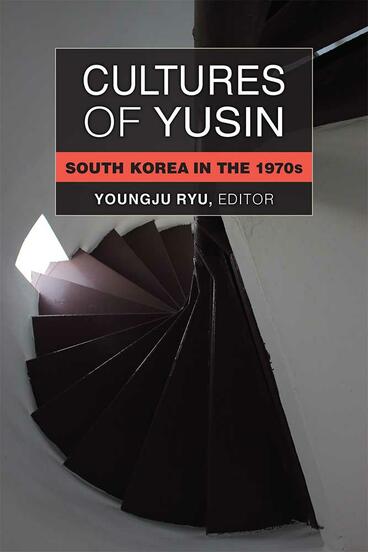A broad range of scholars explores the many avenues of cultural production during the Yusin period, casting new light on how it challenged and conformed to the ambitions of the state power
Description
Cultures of Yusin examines the turbulent and yet deeply formative years of Park Chung Hee’s rule in South Korea, focusing on the so-called Yusin era (1972–79). Beginning with the constitutional change that granted dictatorial powers to the president and ending with his assassination, Yusin was a period of extreme political repression coupled with widespread mobilization of the citizenry towards the statist gospel of modernization and development. While much has been written about the political and economic contours of this period, the rich complexity of its cultural production remains obscure. This edited volume brings together a wide range of scholars to explore literature, film, television, performance, music, and architecture, as well as practices of urban and financial planning, consumption, and homeownership. Examining the plural forms of culture’s relationship to state power, the authors illuminate the decade of the 1970s in South Korea and offer an essential framework for understanding contemporary Korean society.
Youngju Ryu is Associate Professor of Korean Literature at the University of Michigan.
Reviews
"Cultures of Yusin brings to the fore the hitherto neglected area of research: the culture of the 1970s as a site of national identity for both the state and the oppositional social movement; as a site of state indoctrination and mobilization of the citizenry and simultaneously of subversive-and individualized-expression of the people; and as a source of plural meanings and lived experiences for the people, among others. Each chapter presents new factual and historical knowledge on unfamiliar topics, and offers fresh and informed perspectives and interpretations on areas we thought we already knew."
—Namhee Lee, UCLA
"This work elevates the critical discourse on Yusin in the sense of rescuing history as a step toward constructive progress."
- Pacific Affairs
-- Pacific Affairs

